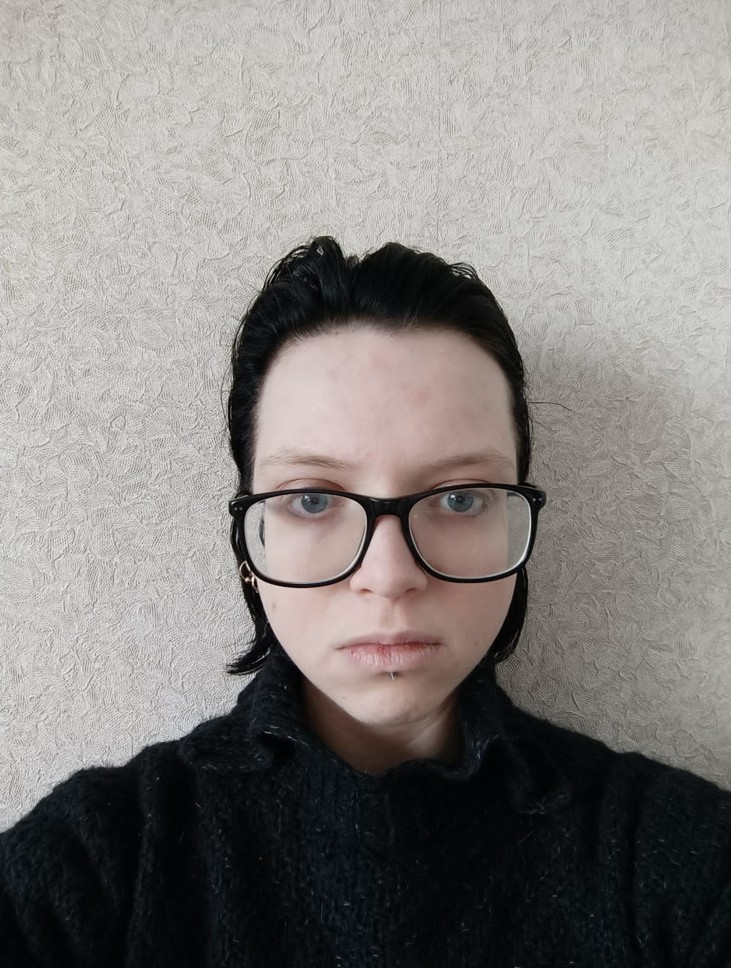This article researches the context of the Romanian delegation’s participation in the Pan-Orthodox Conference in Moscow in 1948. The author examines the church and political situation in Romania at that time and the circumstances in which Orthodox and non-Orthodox believers found themselves in this country. The research focuses on the persecution of Transylvanian Greek Catholics and Orthodox priests, as well as the reaction of RomOC to them. Other important negative phenomena from that period include the actual prohibition of religious education introduced after the adoption of the April 13 Constitution in 1947. In connection with Romania’s participation at the Pan-orthodox conference, the personality of Patriarch Justinian Marina, who was elected the same year, and his teachings, social apostolic work, are considered. The point of view on the patriarch's lack of independence and the conditioning of his actions by external pressure (Moscow or the Communist government of Romania) is criticized. The description of the social apostle program is given. The author believes that the Patriarch acted, primarily based on his theological attitude, which developed the ideas of Bartolomeu Stănescu, Bishop of Râmnic-Noul Severin, the disciple of E. Durkheim. Guided by the data on the situation in RomOC in 1948, and the materials related to the activities of Patriarch Justinian, the author concludes that, within the framework of the Pan-Orthodox Meeting, the delegation of the RomOC acted basing on the prevailing situation in Romania and in its own interests.
Key words: Pan-Orthodox Conference, Patriarch Justinian, Romania, Romanian Orthodox Church, social apostolate, social Christianity
DOI: 10.22250/20728662-2025-2-122-131
About the author
 |
Maria V. Gridneva – Postgraduate student of the Department of Biblical and Theological Disciplines, Saints Cyril and Methodius Institute for Postgraduate Studies; build. 1, 4/2 Pyatnitskaya Str., Moscow, 115035, Russia; Postgraduate student at the School of Philosophy and Cultural Studies, Higher School of Economics; 20 Myasnitskaya Str., Moscow, 101000, Russia; This email address is being protected from spambots. You need JavaScript enabled to view it.
|






